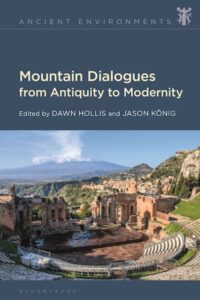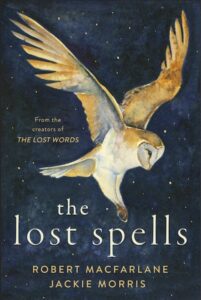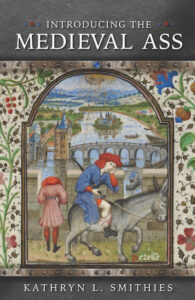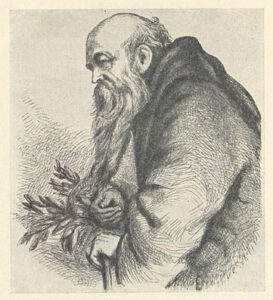It would be trite indeed for me to write that mountains loom large in human history. Yet at the same time it must be acknowledged that they do play a remarkable role in the myths and histories we have repeated for millennia.

It would be trite indeed for me to write that mountains loom large in human history. Yet at the same time it must be acknowledged that they do play a remarkable role in the myths and histories we have repeated for millennia.

Just what is a spell? Merriam-Webster defines it as “a spoken word or form of words held to have magic power,” “a state of enchantment,” and also “a strong compelling influence or attraction.” A very satisfactory definition indeed. For myself, I have long considered a spell very much akin to a prayer, for in the […]

Should anyone one day tell me that I don’t know my ass from Medieval history, in a very short time from now I shall be able to reply with confidence that thanks to having read Dr. Kathryn L. Smithies’ “Introducing the Medieval Ass” I most certainly do.

Although I’ve read and taught William Shakespeare’s “Romeo and Juliet” more times that I can readily recall, until I made yet another reading of it just recently I had not sufficiently noted the natural history aspect of Friar Laurence. And the more I mused upon the passage quoted below, the more it struck me that his skills as an herbalist / botanist are truly the element upon which the resolution of the entire play turns.